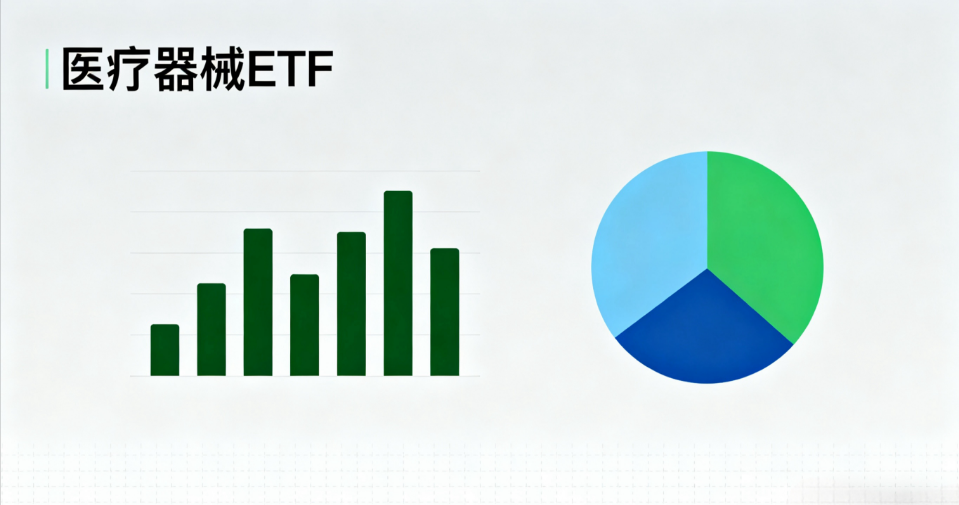
Recently, NH NongHyup Bank, one of South Korea's top five banks, announced the launch of a proof-of-concept (PoC) pilot project for a stablecoin-based Value-Added Tax (VAT) refund on the Avalanche blockchain platform. This initiative aims to build a real-time tax refund and settlement system for inbound tourists, optimizing the traditional refund process through blockchain technology and smart contracts to enhance efficiency and user experience. The project collaborates with several industry leaders, including Avalanche, Fireblocks, Mastercard, and Worldpay, to jointly explore innovative applications of fintech in the travel sector. The bank emphasized that this pilot is purely a technical verification phase, involving no real funds or customer data, with the focus on testing the system's feasibility and operational efficiency.
Project Background and Objectives
VAT refunds are a common need for international tourists after shopping, but traditional refund processes are often cumbersome, time-consuming, and involve multiple intermediaries, leading to delays and additional costs. NH NongHyup Bank's pilot aims to address these issues by leveraging the high throughput and low latency of the Avalanche blockchain, combined with stablecoins to achieve instant settlement and currency exchange. By using smart contracts to automate refund applications, the system can verify transactions and issue refunds in real time, reducing manual intervention and the risk of errors. This not only provides tourists with a seamless consumption experience but also helps banks and merchants lower operational costs, driving the digital upgrade of South Korea's tourism industry.
Technical Implementation and Partner Roles
The core of the project lies in Avalanche's distributed ledger technology, which ensures transaction security and transparency. Fireblocks, as a digital asset custody platform, is responsible for safeguarding the secure storage and transfer of stablecoins. Mastercard and Worldpay, through their global payment networks, integrate traditional finance with blockchain systems to achieve seamless cross-border settlement. The use of stablecoins is a key innovation, avoiding the volatility and delays of fiat currency exchange and enabling real-time refund disbursement. Smart contracts will automatically execute refund rules, such as verifying purchase credentials and calculating refund amounts, thereby streamlining the process and improving accuracy.
Potential Impact and Future Prospects
If the pilot is successful, this system could be expanded to other financial institutions and tourist hotspots in South Korea, potentially even becoming an international standard. For tourists, this means faster and more transparent refund services, enhancing travel satisfaction. For banks and partners, it demonstrates the practical value of blockchain in the financial sector and may drive more similar applications. Additionally, the project reflects South Korea's leading position in the fintech field, accelerating digital transformation through collaborative innovation. Although it is currently in the proof-of-concept stage, future practical operation could fundamentally transform the cross-border payment and refund ecosystem.
Conclusion
NH NongHyup Bank's pilot project is not just a technical experiment but also an exploration of future financial services. By integrating blockchain, stablecoins, and smart contracts, it demonstrates how to solve real-world problems efficiently and securely. With the recovery of the global tourism industry, such innovations are expected to become a significant force in driving economic growth while providing a reference model for other countries and regions. The bank stated that it will subsequently assess expansion possibilities based on the pilot results and continue optimizing the system design to ensure compliance with regulatory requirements and user needs.















